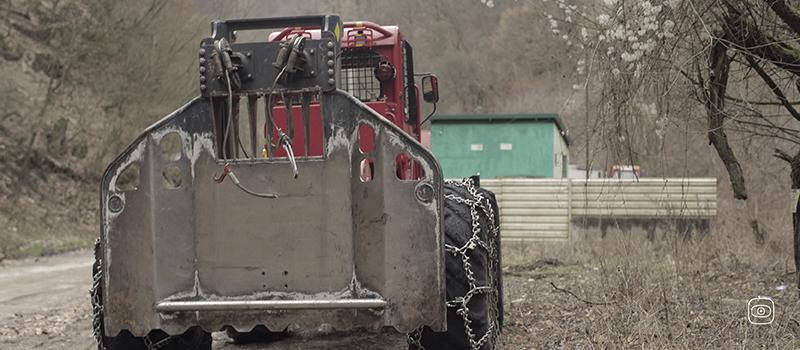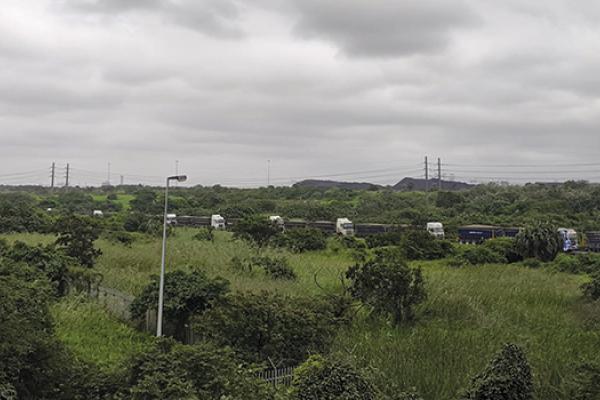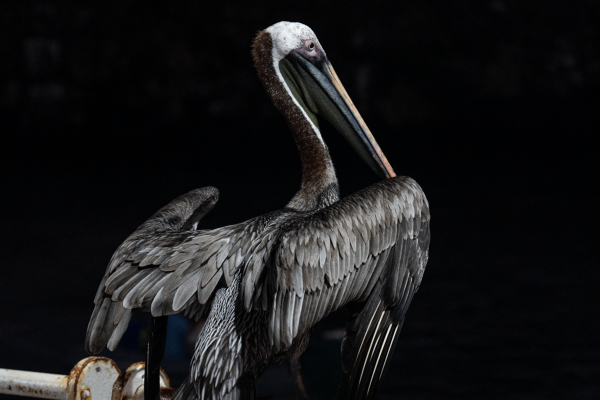The initial aim of the micro-hydropower projects, some financed with European money, was to reduce pollution through the production of green energy. In many areas the effect was quite the opposite - the destruction of some protected natural areas.
For years, Romanian authorities hid the reality on the ground and postponed the restoration of the affected areas, while obliging the population to subsidise, through electricity bills, the actual destruction of rivers and protected areas.
In the end, the economic benefits were insignificant: in total, the 200 micro-hydro-power plants provide almost 1.5% of Romania's national electricity production.
In this context, we discovered how money recyclers of Italian mafia clans infiltrated such projects through front companies and proxies, taking over the businesses of some local politicians or their relatives. In parallel, companies belonging to other politicians or controversial businessmen benefited from European money and green certificates for setting up hydroelectric plants which were afterwards been put on the problem list by the European Commission.
Caption: One of the MHP plants taken over by Italians through front companies and seized by authorities as part of an anti-mafia operation.
Photo by RISE Project





